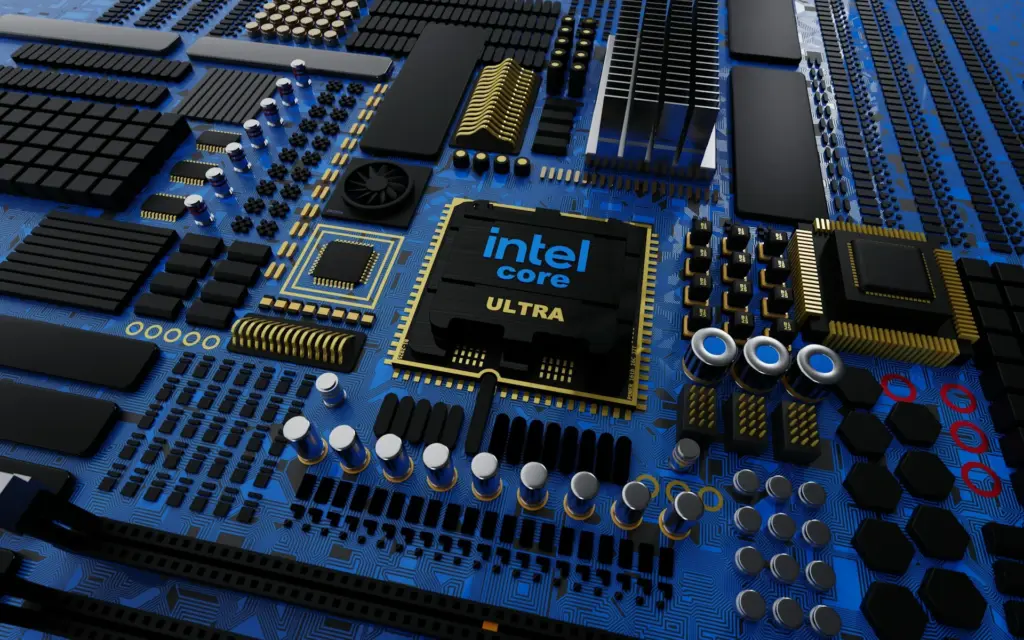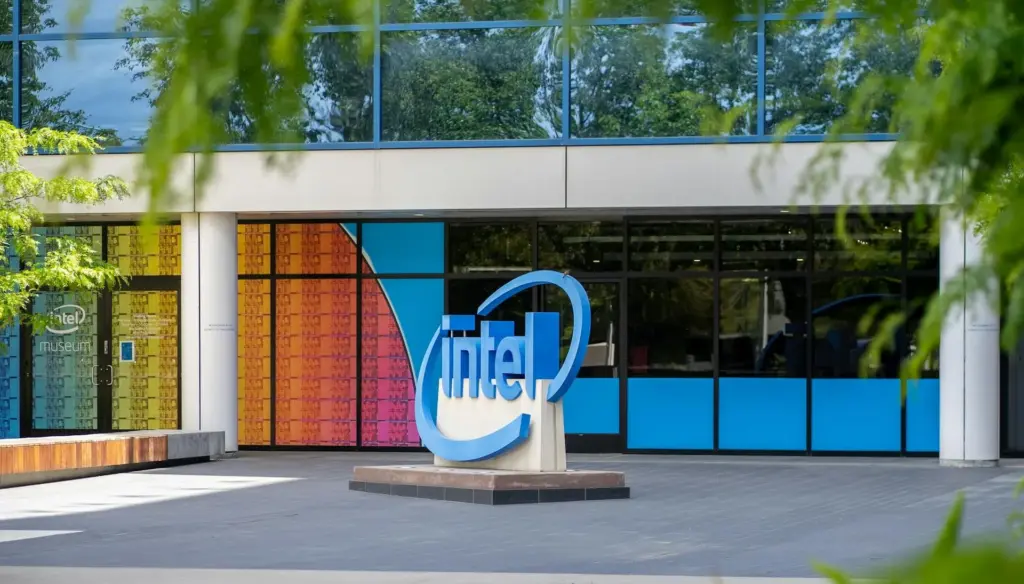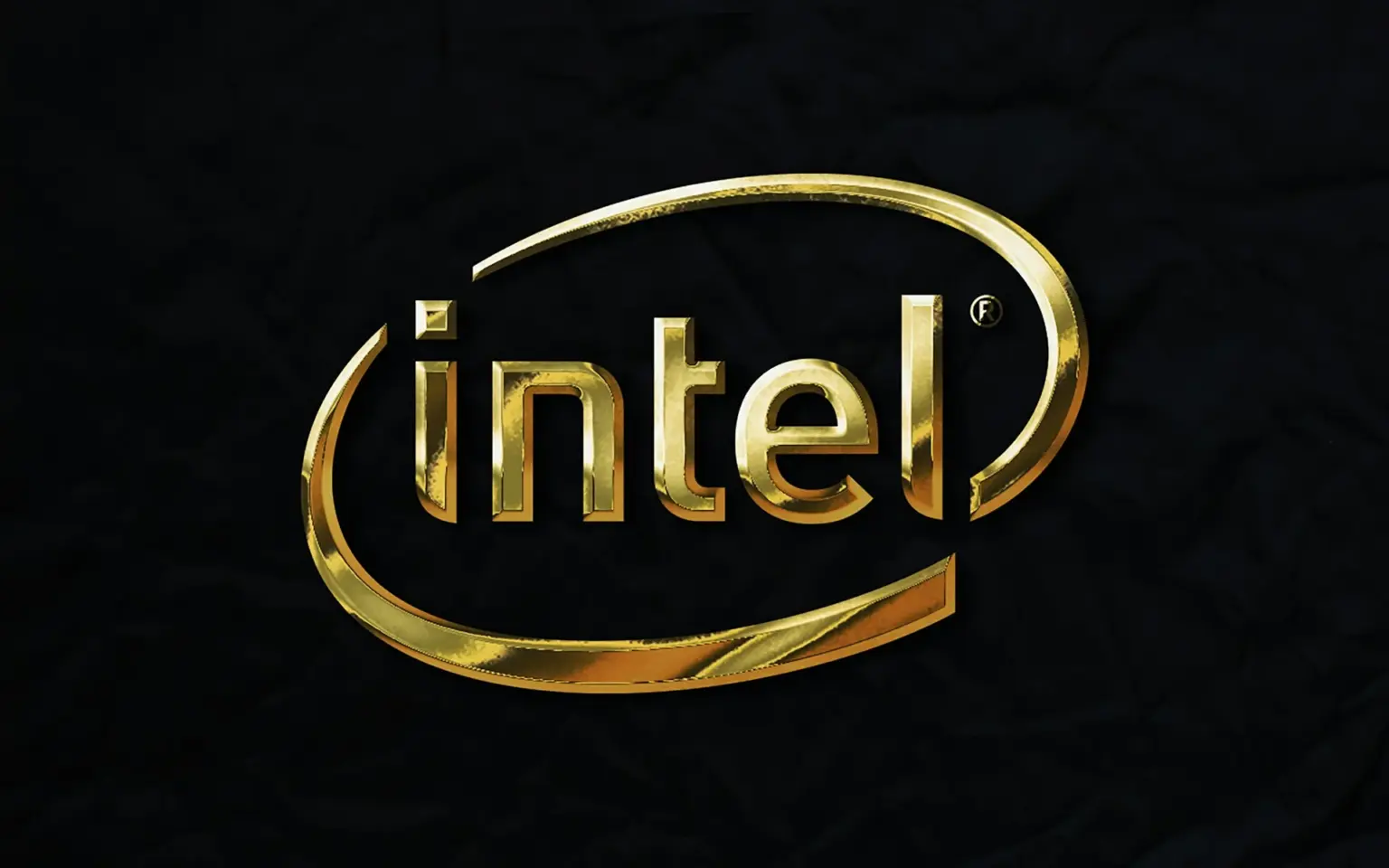Intel is facing big problems with its Intel chip manufacturing process for its Intel next generation chip, according to trusted sources. The company’s new 18A process is not working as expected. Yield rates, which show how many working chips are made from each batch, are still very low. Reports suggest yields have improved from around 5% in late 2024 to nearly 10% by mid-2025, though Intel has not publicly confirmed these numbers. But to make a profit, Intel usually needs at least 70% yield. Without this, it could lose money and delay future chip launches.
The Intel next generation chip is a major part of Intel’s plan to lead the chip market again. But right now, experts say it’s a risky move. The Intel chip manufacturing process is using new technologies like RibbonFET and PowerVia, which are very advanced but also hard to produce at scale. These cause defects, making most chips unusable. Even after big investments, Intel has not been able to deliver enough working chips to its customers.
Intel Chip Manufacturing Process Faces Production Hurdles

Intel’s finance head, David Zinsner, says that the company is making progress every month. He believes Intel will be ready for full production by the end of this year. He also said the company is still on track to launch the Panther Lake chips in 2025. Intel’s public updates mention continued progress, but exact production yield figures have not been shared. CEO Lip-Bu Tan is now working more closely with suppliers to solve the problems and improve the Intel chip manufacturing process.
The problems are also similar to other Intel processor problems. The company had issues with the Intel 14th gen chips too. Analysts say Intel has indicated in its filings that it must secure a major customer for its 14A chip process within 18 months. Industry analysts believe this step is key to its future chip roadmap. If not, the company might have to cancel future chip plans and depend more on companies like TSMC.
Intel Processor Problems Raise Market Concerns

Intel is also seeing big changes in its top management. Some senior leaders have stepped down as part of a plan to fix the current issues. If Intel cannot solve the Intel 14th gen issues, it may lose even more ground to competitors like AMD and Apple. This could lead to delays for PC makers and price increases for users, all because of ongoing Intel processor problems.








